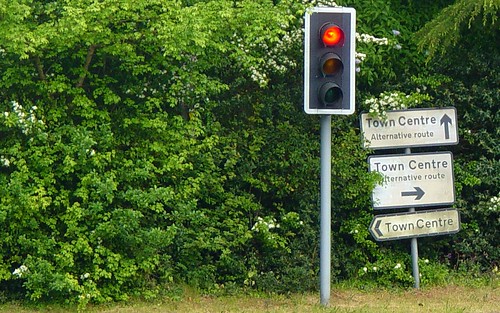Society of Cartographers Redux
To be filed under the "slightly self promoting" department, earlier this year I was invited to speak at the Society of Cartographers Summer School in Manchester, UK. It's always great to be invited to speak at a conference but I was particularly excited by the SoC. The geo world I inhabit is one of data, APIs, platforms and data mining and aggregation techniques. Sometimes the map gets lost in all of this. So it was an honour to speak at an event where it was all about the map. The Summer School was written up in November's edition of the SoC Newsletter which is only available to society members, but with permission I've reproduced below the sections of the newsletter which cover my involvement.
